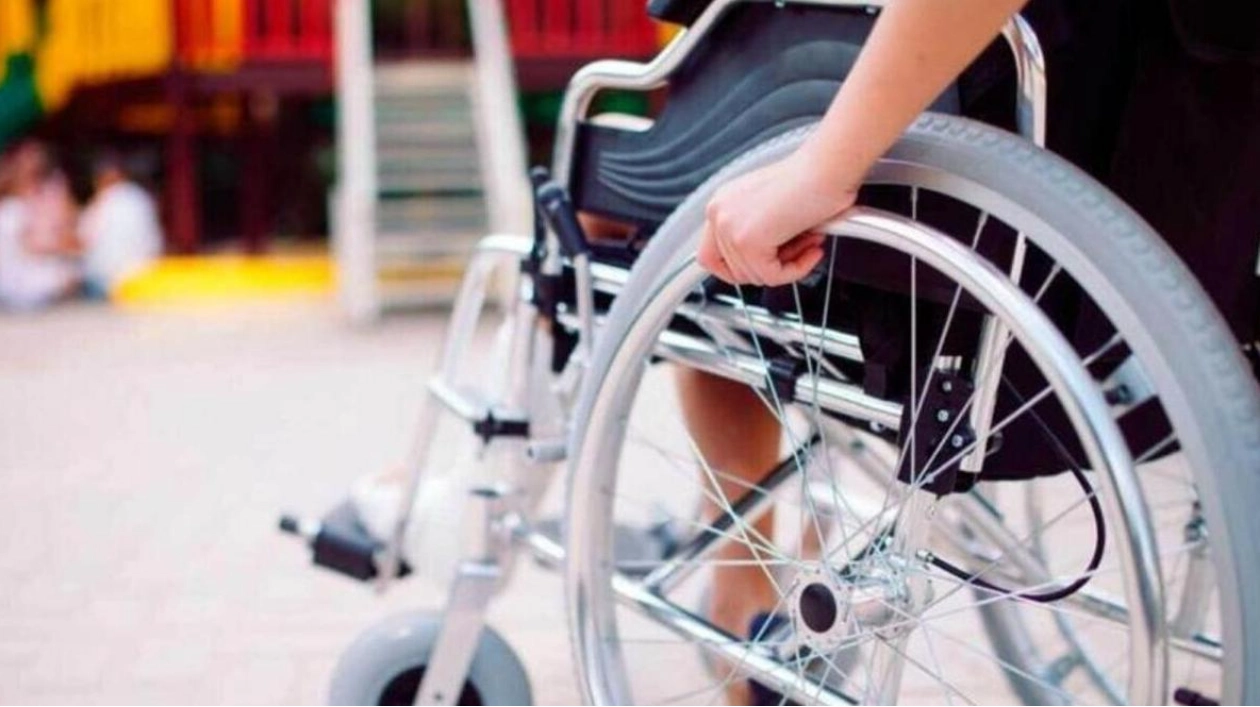A Dubai-based physician has published a guidebook aimed at assisting caregivers of women with profound mental and physical impairments in addressing concerns related to personal safety and menstrual health. Dr. Mehnaz Abdulla, a Specialist in Obstetrics and Gynecology at Aster Women Clinic in Al Qusais, has leveraged her experience working with individuals with disabilities to compile this comprehensive resource, which outlines strategies for managing various issues specific to women.
The impetus for this work stemmed from an incident during her medical training. Dr. Abdulla recounts, “An elderly couple brought their approximately 35-year-old intellectually disabled daughter, seeking a hysterectomy as they could no longer manage her menstrual challenges.” This case inspired her to conduct a three-year study on the difficulties faced by women with disabilities and the obstacles caregivers encounter regarding feminine hygiene.
Dr. Abdulla highlights that the primary challenge caregivers face is maintaining hygiene and ensuring compliance from their wards. “Girls in the age range of 12 to 37 often do not comprehend hygiene issues,” she explains. “It is difficult for caregivers to get them to wear a pad and teach them not to remove it. There is also a lack of support for mothers or caregivers in this area.”
Training methods are crucial, according to Dr. Abdulla. She emphasizes the need for caregivers to educate their wards about menstruation from an early age, using different approaches than those for neurotypical children. “Caregivers must use flashcards and visual aids to explain the menstrual cycle and personal hygiene. They should demonstrate sanitary napkins with red food coloring to prepare the children. We have observed that children trained with such visual aids exhibit higher compliance.”
Dr. Abdulla notes that many caregivers experience doubts and mental distress about the decisions they must make. “During my research, I encountered numerous caregivers who had to make difficult decisions,” she says. “They often spend sleepless nights feeling guilty. Some have even opted for hysterectomies on young girls under 15 due to the challenges of managing them. Women with disabilities, particularly those with autism, often experience early puberty with heavy bleeding and cramps.”
Dr. Abdulla advocates for the creation of a specialized branch to train children with disabilities about menstrual hygiene and body autonomy. “The medical community and social workers must collaborate to ensure caregivers have the knowledge and resources to train their children,” she states. “Many children are non-verbal, so it is essential for caregivers to find ways to communicate with them to explain daily occurrences.”
She shares the story of a woman she met in India. “She was a widow with two grown autistic daughters,” Dr. Abdulla recalls. “With no support, she would lock her daughters at home when she went out, as she did not trust anyone. Educating individuals with disabilities about appropriate and inappropriate touch is crucial, as they are at a higher risk of abuse.”
Source link: https://www.khaleejtimes.com






